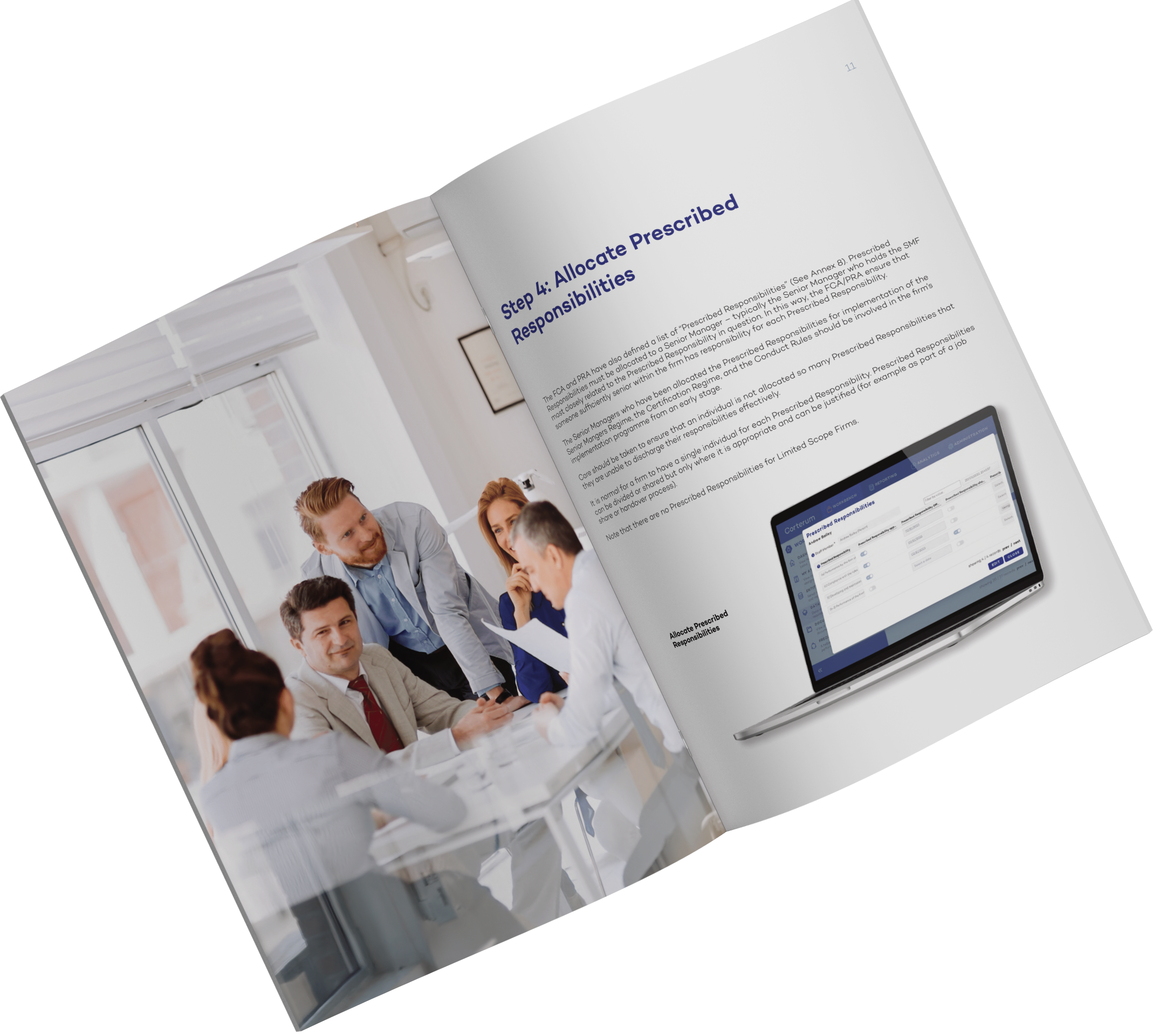The Certification Regime applies to individuals who perform a “certification function”. Specifically, the Certification Regime pulls in-scope individuals who, whilst not sufficiently senior to qualify as a Senior Manager, occupy a role which means that they could have a significant impact on the firm, its customers or markets more generally.
Under FSMA, a “certification function” is referred to as a “significant harm function”. Section 63E(5) of FSMA 2000 states that:
“A function is a “significant-harm function”, in relation to the carrying on of a regulated activity by an authorised person, if (a) the function will require the person performing it to be involved in one or more aspects of the authorised person’s affairs, so far as relating to the activity, and (b) those aspects involve, or might involve, a risk of significant harm to the authorised person or any of its customers”.
The Certification Regime only applies to “Employees”
The Certification Regime only applies to “employees”. ‘Personal service’ and the ‘right to supervise’ are the key indicators of “employee” status for the purposes of the SM&CR. More specifically, an “employee” is any natural or legal “person” [2] who “(a) personally provides, or is under an obligation personally to provide, services to ‘A’ under an arrangement made between ‘A’ and the person providing the services or another person; and (b) is subject to (or to the right of) supervision, direction or control by ‘A’ as to the manner in which those services are provided.”[3] This definition of “employee” under Section 63E(9) of FSMA is wide enough to include contractors and secondees[4]. However, it does NOT include non-executive directors (NEDs). NEDs are not subject to the Certification Regime.[5]
[2] A definition which includes e.g. companies and partnerships
[3] Section 63E(9) of FSMA, SYSC 27.4.1G(2)
[4] SYSC 27.2.8G
[5] SYSC 27.6.3
Notwithstanding the definition above, it is important to note that not all “employees” are subject to the Certification Regime. Rather, the Certification Regime only applies to:
- employees of UK firms;
- foreign employees of UK firms who spend more than 30 days per year in the UK,
- overseas employees who deal with UK clients, and
- “Material Risk Takers” (irrespective of where they are based).
Individual sole traders are NOT “employees” and so are NOT subject to the Certification Regime. However, members of a sole trader’s staff can be “employees” and so can be subject to the Certification Regime.[1]
In some cases, a person who works for an Appointed Representative of a firm may fall within the definition of an “employee”. However, more often than not, Appointed Representatives will fail to meet the ‘service’ and ‘supervision’ conditions which must be satisfied for the Certification Regime to apply.[2] In addition, in order to be subject to the Certification Regime, Certification Functions must be performed pursuant to arrangements between the “employee” and the “firm” and NOT pursuant to arrangements between an “employee” and a “contractor to a firm” (which then contracts with the firm itself).[3]
[1] SYSC 27.6.9G
[2] SYSC 27.4.2G
[3] SYSC 27.4.2G(2)
30-day grace period for non-UK staff
If an individual is based outside of the UK and spends no more than 30 days each year performing an activity that would otherwise be an in-scope Certification Function, then he/she will not be regarded as performing a Certification Function (and so won’t be subject to the Certification Regime).[1] However, this exemption is only available to the extent that the individual is “appropriately” supervised by a Senior Manager or a Certification Employee who has been assessed as fit and proper in relation to the activity being performed by the individual.[2]
However, it is important to note that the “30-day” rule does NOT apply if the activity being performed by the non-UK individual:
- is giving advice or performing related activities in connection with pension transfers, pension conversions or pension opt-outs for retail clients[3]; or
- is giving advice to a person to become, or continue or cease to be, a member of a Lloyd’s syndicate[4]; or
- would be regarded as performing Certification Function (6) (Material risk taker).[5]
[1] SYSC 27.5.3R(1)
[2] SYSC 27.5.3R(2)
[3] SYSC 27.5.3R(3)(a)
[4] SYSC 27.5.3R(3)(b)
[5] SYSC 27.5.3R(4)
Exclusions
The Certification Regime does not apply to:
- Non-executive Directors (“NEDs”);
- Appointed representatives (who will continue to be subject to the Approved Persons Regime); or
- individuals based outside of the UK.
In addition, the Certification Regime requirements do not apply to any firm that is an internally managed alternative investment fund (AIF) which is a body corporate but is not a collective investment scheme.[1]
[1] SYSC 27.6.10R
Emergency appointments
If a firm appoints an individual to provide cover for a Certification employee and that appointment lasts for less than 4 weeks, then the individual providing the cover will NOT be regarded as performing a Certification Function. As such, the Certification Regime will not apply to this individual.
However, there is one exception to this rule. If the replacement is performing a function which requires a qualification (Certification Function (4)) then the individual WILL be regarded as performing a Certification Function and so will be subject to the Certification Regime. Where there is an unforeseen absence of an employee performing a function for which there is a qualification requirement then the firm should take reasonable care to ensure that no employee of the firm performs the function without a valid F&P certification (which should be issued before the person starts to perform the Certification Function requiring qualifications).
